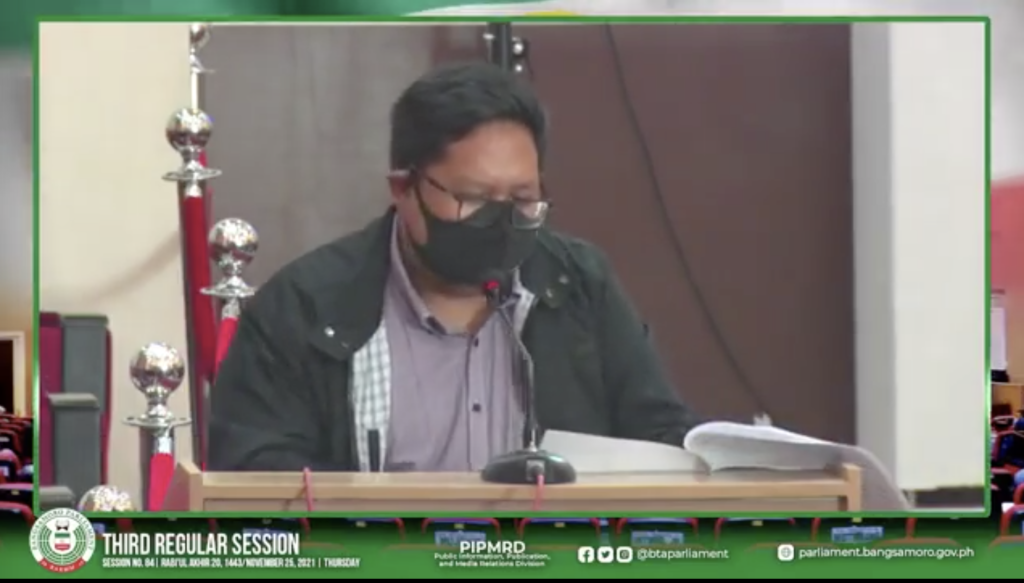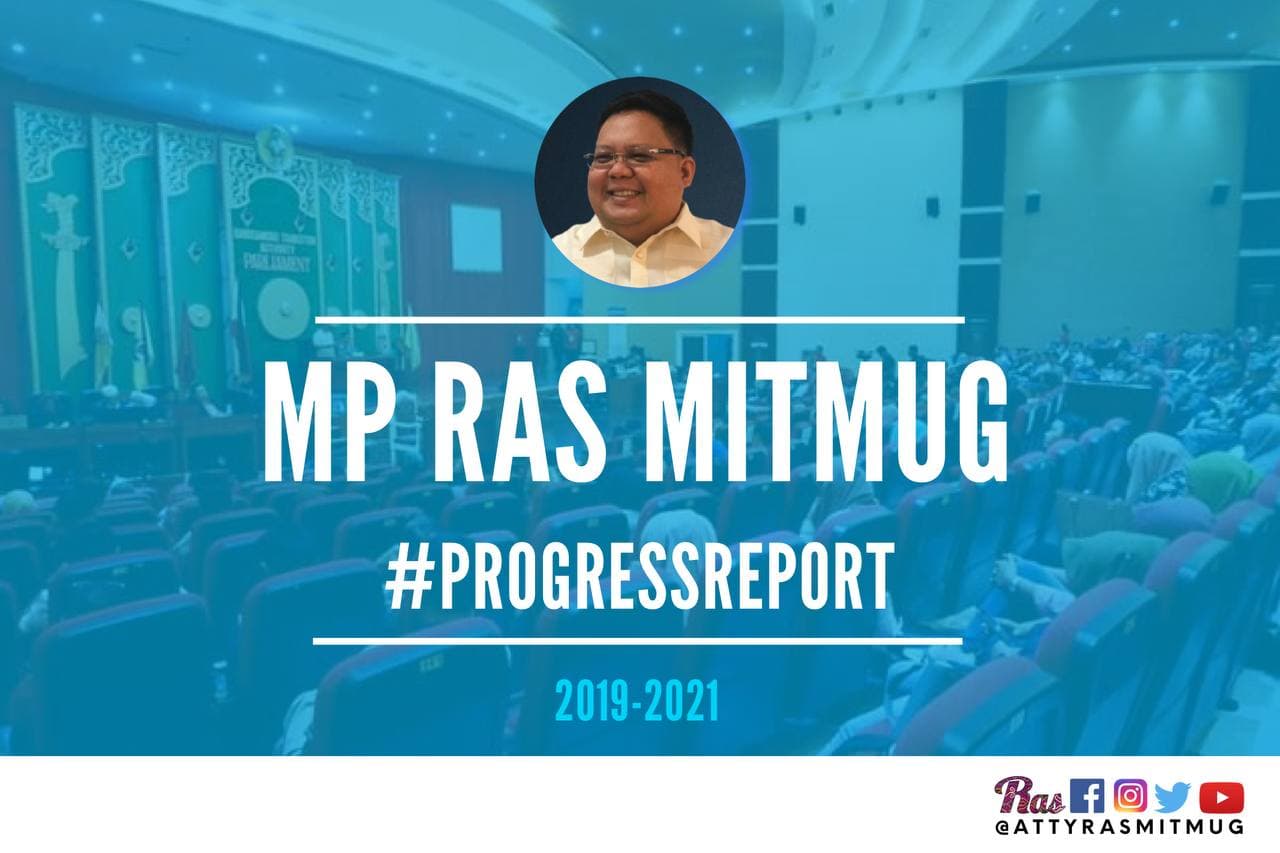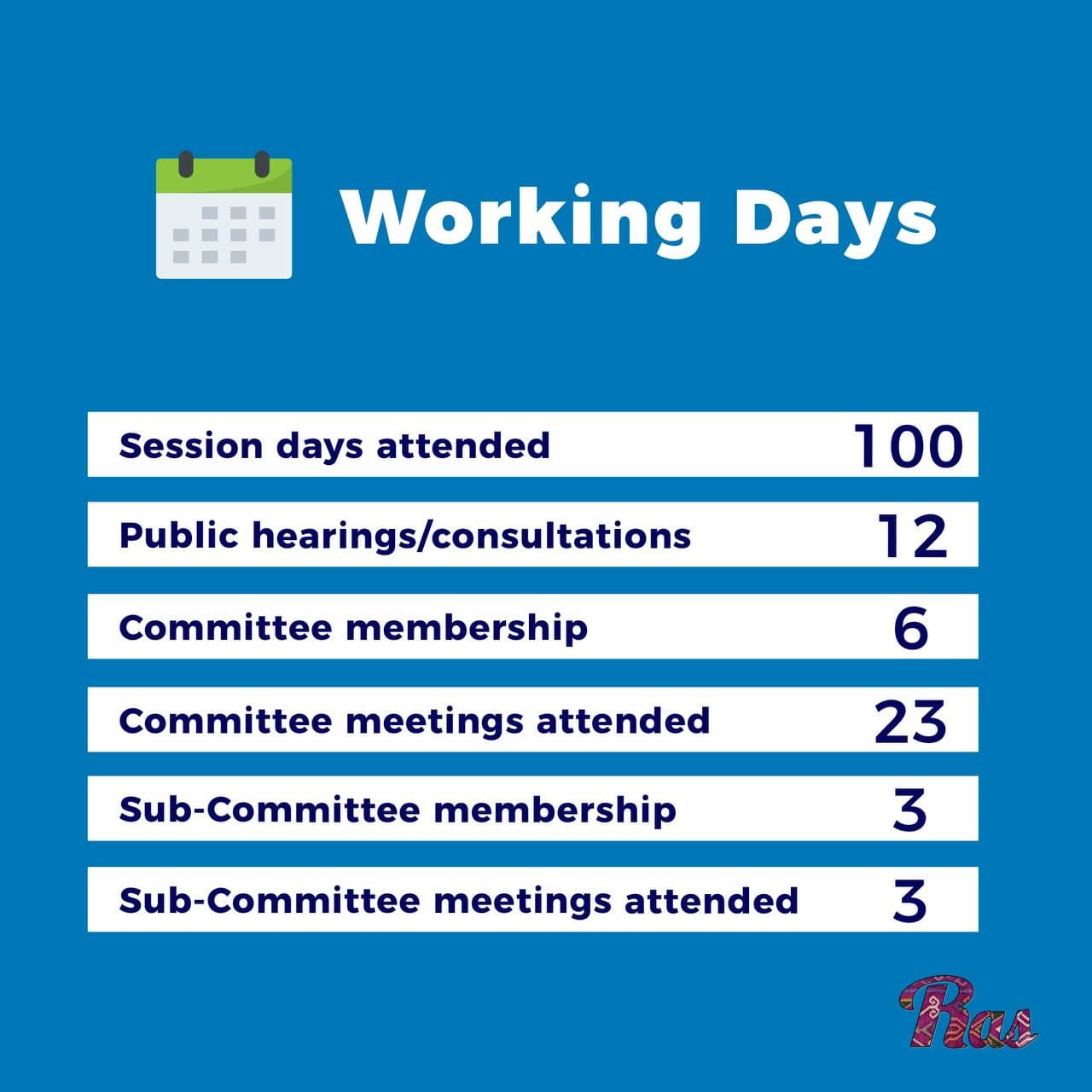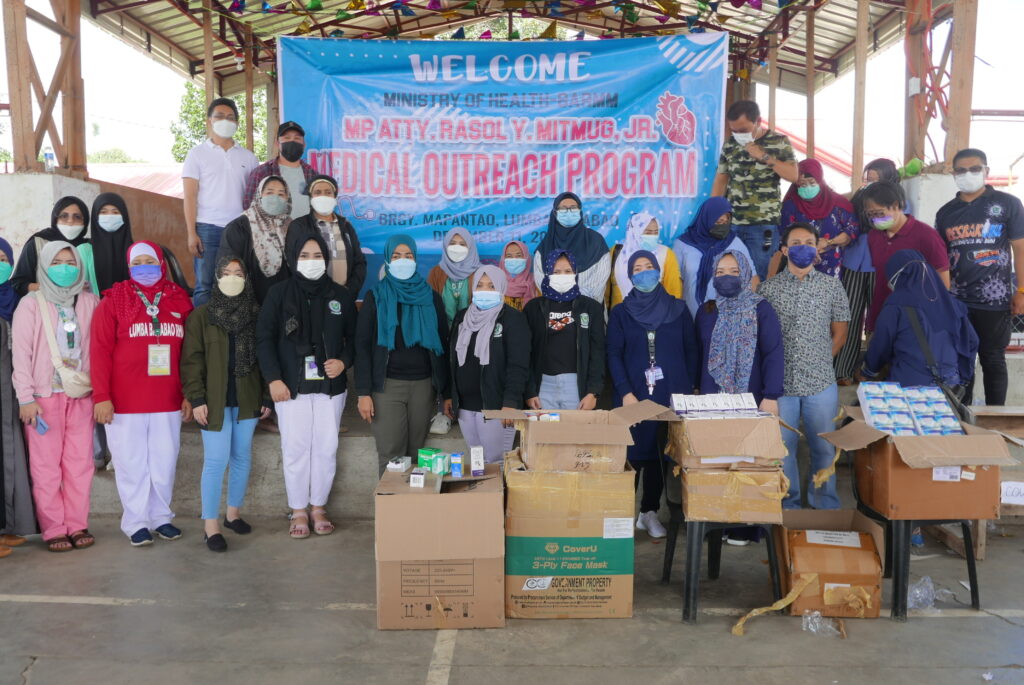
Full text of MP Rasol Mitmug’s SPONSORSHIP SPEECH ON BILL 147 OR THE BANGSAMORO MENTAL HEALTH ACT OF 2021 delivered last November 25, 2021:
Mr. Speaker, distinguished colleagues, honorable members of the Bangsamoro Transition Authority, ladies and gentlemen, Assalamu alaikum Warahmatullahi taala Wabarakatuh. Good afternoon to all.
We are pleased that the bill, Bangsamoro Mental Health Act of 2021, has now entered the second reading. We thank the members of the parliament who co-authored with us in this measure.
Mental Health is as important as physiological health. This statement, more than ever, reflects the challenges that we encounter as we face this pandemic. Mental health is a rapidly growing concern and we are giving attention to this matter as we address various health needs of our communities in the Bangsamoro. Daily we struggle with stress and anxiety which make mental health concerns serious matter. Stigma on mental illness should never be a hindrance in responding to this critical crisis.
Remember that in this uncertain moments to be kind to yourself, be kind to your mind. But what does it really mean? Mr. Speaker, we sponsor this bill because all sectors, including employees, students, people living alone, and those with pre-existing mental health conditions, have been particularly affected by the pandemic. Such effect has been magnified for those with pre-existing mental health issues, they have to suffer more than most because their access to medication is disrupted by the pandemic.
Mr. Speaker, when the pandemic broke out, this representation, together with the Health Organization for Mindanao (HOM), created an online platform which aims to respond to the common mental health needs of communities. Modules and materials have been improved to focus more on Islamic Mental Health (IMH) and are readily available on the IMH website and facebook page. When asked about our motivation for giving attention to mental health, we recounted our local experiences during the Yolanda disaster, Marawi conflict and Mamasapano encounter. The communities directly affected by these crises experienced depressive symptoms and other mental health concerns but less attention was given to that matter. Taking care of mental health can be easily overlooked, hence, efforts concerning mental health in the region should be initiated and supported.
While challenges on mental health is a growing health concern in the region, it is timely that the Bangsamoro region is still on its transition period, thus, codes are still being drafted. Particularly, measures on mental health can still be incorporated by the BTA members which can safeguard the general welfare of BARMM constituents should another pandemic and even other forms of disaster affecting mental health arise. Mental health care should be a reality. Hence, the very essence of this bill.
During the World Health Assembly in May 2021, governments from around the world recognized the need to scale up quality mental health services at all levels. And some countries have found new ways of providing mental health care to their populations. Our new normal entails a lot of adjustments in our lifestyles, our work schedules, and our children’s schooling. But our new normal should also include major improvements in our public health system and policies and in how we protect our health, both body and mind.
As an autonomous government, it is thus proper for the Bangsamoro region to establish its own Bangsamoro Council for Mental Health, which will be responsible for recommending programs, projects, and policies for the mental health and well-being of the Bangsamoro people. As the region’s inter-agency body on mental health, they will be better capacitated to implement the recommendations mentioned earlier. We also call for educational institutions to adopt a social, emotional and ethical learning approach that integrates the trauma-informed approach increases, and as disasters are expected to increase even more given the worrisome climate change.
In view of the foregoing, the support of all the Members of the Parliament for the prompt passage of this measure is earnestly sought.
Thank you, my dear colleagues. Thank you, Mr. Speaker
The bill was filed in the BTA parliament on November 2, 2021 with MP Rasol Mitmug, Jr. as main author.


 As 2022 approaches, it is worth taking a few minutes to look back and highlight the major accomplishments and achievements of the Office of MP Mitmug Jr. in its effort to fulfill its mandate and commitment to the Bangsamoro as Member of the Parliament.
As 2022 approaches, it is worth taking a few minutes to look back and highlight the major accomplishments and achievements of the Office of MP Mitmug Jr. in its effort to fulfill its mandate and commitment to the Bangsamoro as Member of the Parliament.

